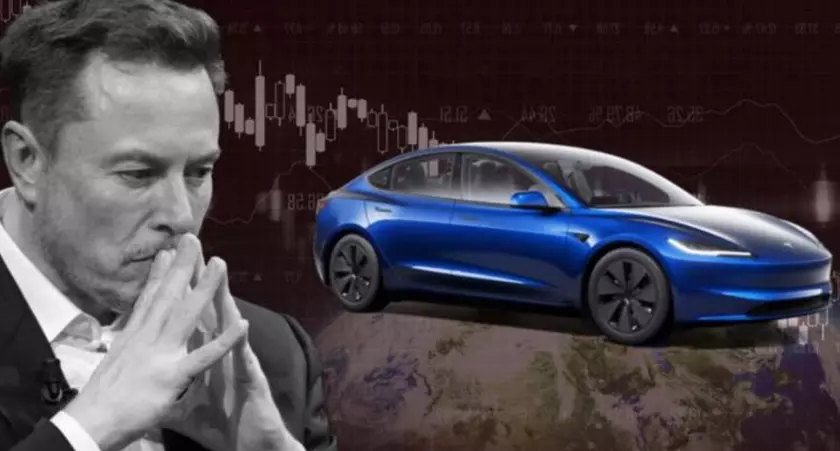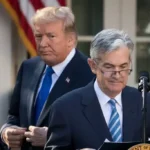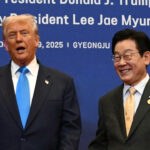At FinancialMediaGuide, we note that Tesla has faced a significant slowdown in electric vehicle sales in the U.S., particularly in California, which represents a key market for EVs. Economists from Yale University, in a joint study with the National Bureau of Economic Research (NBER), estimated that between October 2022 and April 2025, the automaker could have sold an additional 1 to 1.26 million vehicles if it were not for the political activity of CEO Elon Musk. This effect, which researchers refer to as the “Musk supporter effect,” is linked to his donations to Republican candidates and involvement in Donald Trump’s administration, which directly impacted Tesla’s sales in the U.S.
In the third quarter of 2025, Tesla vehicle registrations in California declined by 9.4%, and the company’s market share fell to 46.2%. In the first three months of 2025, Tesla EV sales dropped by 15.1% compared to the same period last year, and the company’s share of the EV market declined from 55.5% to 43.9%. At FinancialMediaGuide, we believe that the drop in demand in California reflects the impact of Musk’s political stance on a key EV buyer base.
Data indicate a redistribution of demand in the U.S. EV market: buyers with Democratic-leaning and environmentally conscious values have begun choosing alternative brands. As a result, Rivian, Ford, and Hyundai saw EV sales increase by 17–22% between October 2022 and April 2025. This shift confirms that the CEO’s reputation is closely tied to the company’s financial performance and EV demand.
Musk’s actions have also complicated California’s ability to achieve its zero-emission goals. According to the NBER, the state would likely have reached its targets by 2026 if not for Musk’s influence. In the first quarter of 2025, EV sales fell 21.5% compared to Q1 2024, negatively affecting overall zero-emission metrics. At FinancialMediaGuide, we view this as a signal that state strategic goals and corporate reputation are closely interconnected with EV sales.
Musk’s political activity has noticeably affected Tesla’s brand perception among consumers with progressive and environmentally conscious values. Buyers have begun distancing themselves from the company, which is reflected in declining EV sales. FinancialMediaGuide forecasts that without a strategic adjustment, demand for Tesla in the U.S., particularly in California, may continue to fall, while competitors continue to gain market share.
Financial Media Guide highlights that Elon Musk’s political activity has had a significant impact on Tesla’s U.S. sales, especially in California. The decline in registrations and market share, along with the shift in demand toward competitors, demonstrates how closely a company’s financial performance is linked to the public image of its leadership. We at FinancialMediaGuide believe that future fluctuations in the EV market will depend on consumer perceptions of the brand and the general sentiment toward the management’s actions.













